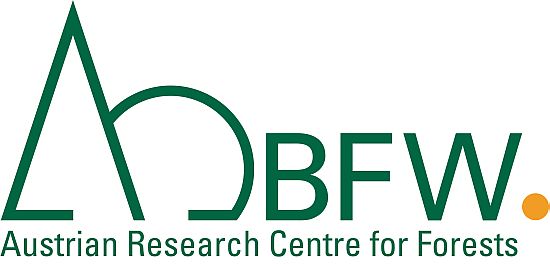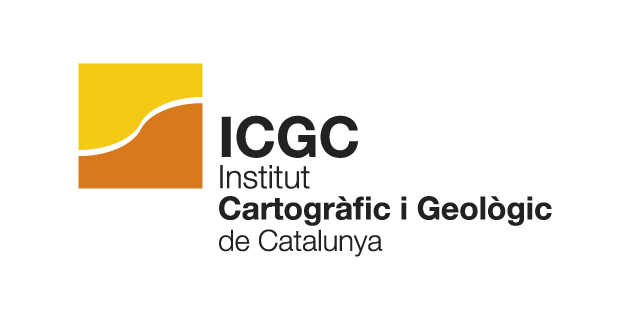(to be updated)
In the framework of the RECIPE project, CIMA Research Foundation will produce two operative tools for reinforcing civil protection capabilities in the context of climate change: the guidelines for flood and fire civil protection planning with participatory approach and an operational tool for collecting citizens monitoring observations in emergency situations.
- The first one will be an operative protocol, useful for implementing a local participatory process for Civil Protection planning. It will be a booklet containing a roadmap for developing the different steps of a participatory process, most suited to the local conditions. These operative guidelines will be written on the basis of a participatory process implemented in the pilot case and will be addressed to the CP stakeholders and Municipal administrators and technicians.
- The second one will be a mobile operational tool for supporting key citizens in collecting floods and fires monitoring observations. This tool will be integrated into pre-existing systems for the emergency management at local level and will be tested in the pilot case. This tool could help implementing a more suited and tailored local actions for coping with a local emergency.
The idea behind these tools is that the participatory process for CP planning would reinforce the capacity of the civil protection to cope with future natural hazards since it would develop a “social” ground, able to produce an improvement in future risk governance, “making ” the local community and technicians more aware of their territory – in terms of its needs, vulnerability and opportunities – and of their role for better managing it, also by collaborating for preventing future risks.
In this way, referring to the Disaster Management Cycle, the CP planning could be seen as a tool of Preparedness, but also of Prevention and Mitigation, focusing on understanding and dealing with impacts of disasters and emergencies.
As pilot case, a group of 5 coastal municipalities (Monterosso al Mare, Vernazza, Corniglia, Manarola, and Riomaggiore) called “Cinque Terre”, located in Liguria Region (Italy) and two neighboring municipalities (La Spezia and Levanto), have been chosen.
The coastline, the five villages, and the surrounding hillsides are all part of the Cinque Terre National Park, a UNESCO World Heritage Site. This area is a popular tourist’s destination and its landscape consists of terraces, built by the people in the past centuries for having the opportunity to cultivate and farm, and so survive in this hard territory.
These operas gradually have changed the ecosystem and in recent years, the abandonment of the farming and the rural exodus have weakened the important role of the terraces in terms of water retention, producing an increasing of flash flood risk. Moreover, the agricultural abandonment itself and the chronic lack of forest management have favored the new colonization of pines, that hand by hand are going down in the abandoned terraces, incrementing the forest fire risk. The pines presence from one side and the abandonment of the terraces from the other side produce a fragile equilibrium, that is easily threaten after a wildfire or a heavy rain.
All these elements are producing a high flash flood and WUI fire risks. To give an idea, the flood occurred in the 2011 affected all the villages of the Cinque Terre territory, with a damage that amounted to millions of euros and 13 people died.
In the pilot case, a participatory process with the local community will be implemented for identifying the best CP actions able to deal with the flood and fire risks, at the actual situation but also with a perspective of climate change and future risk scenarios.
The potential stakeholders that will be engaged in the process will be the local economic stakeholders such as tourist operators and national transport operators like the company of public national trains.








